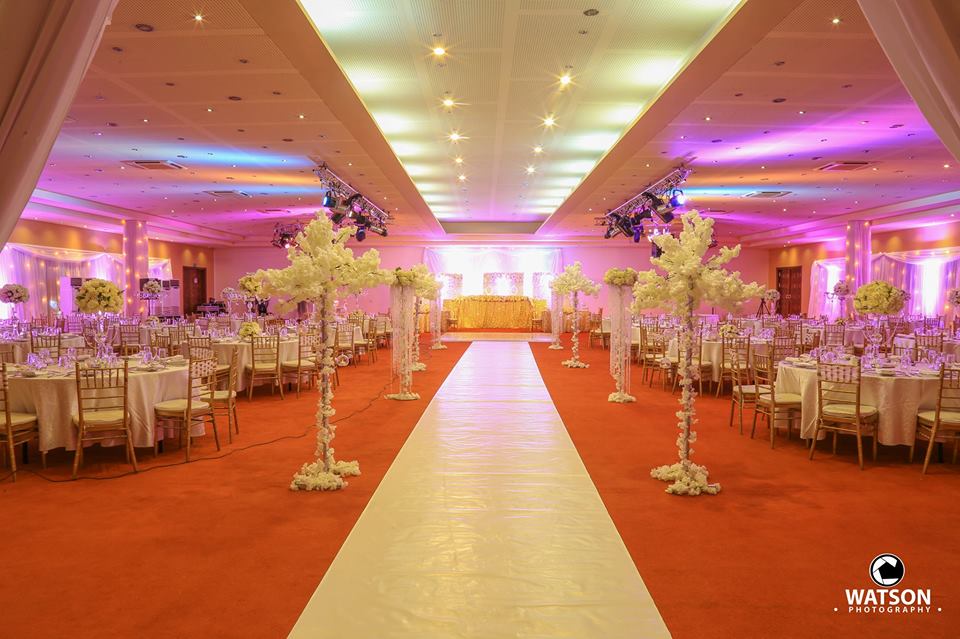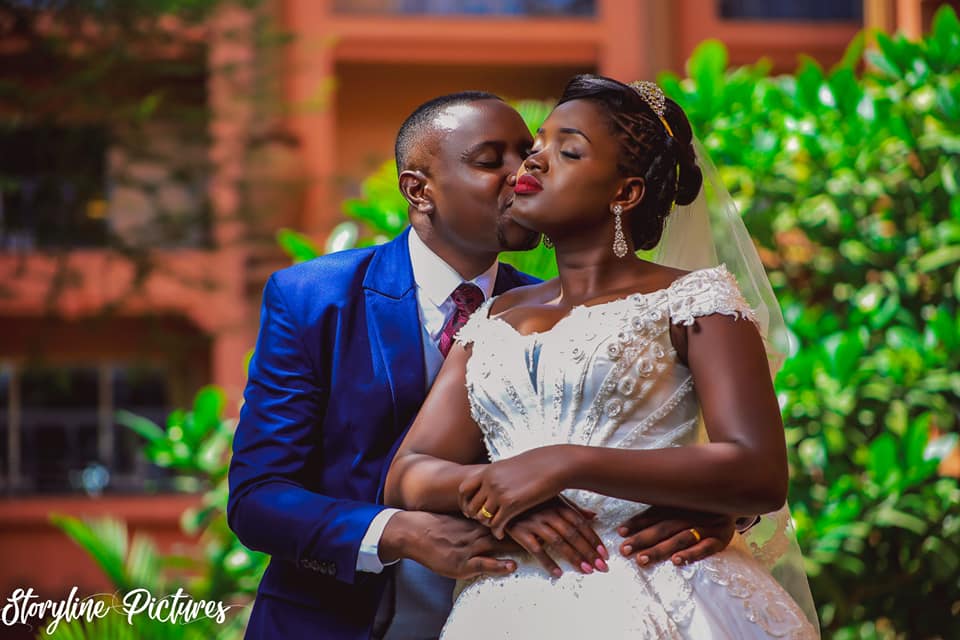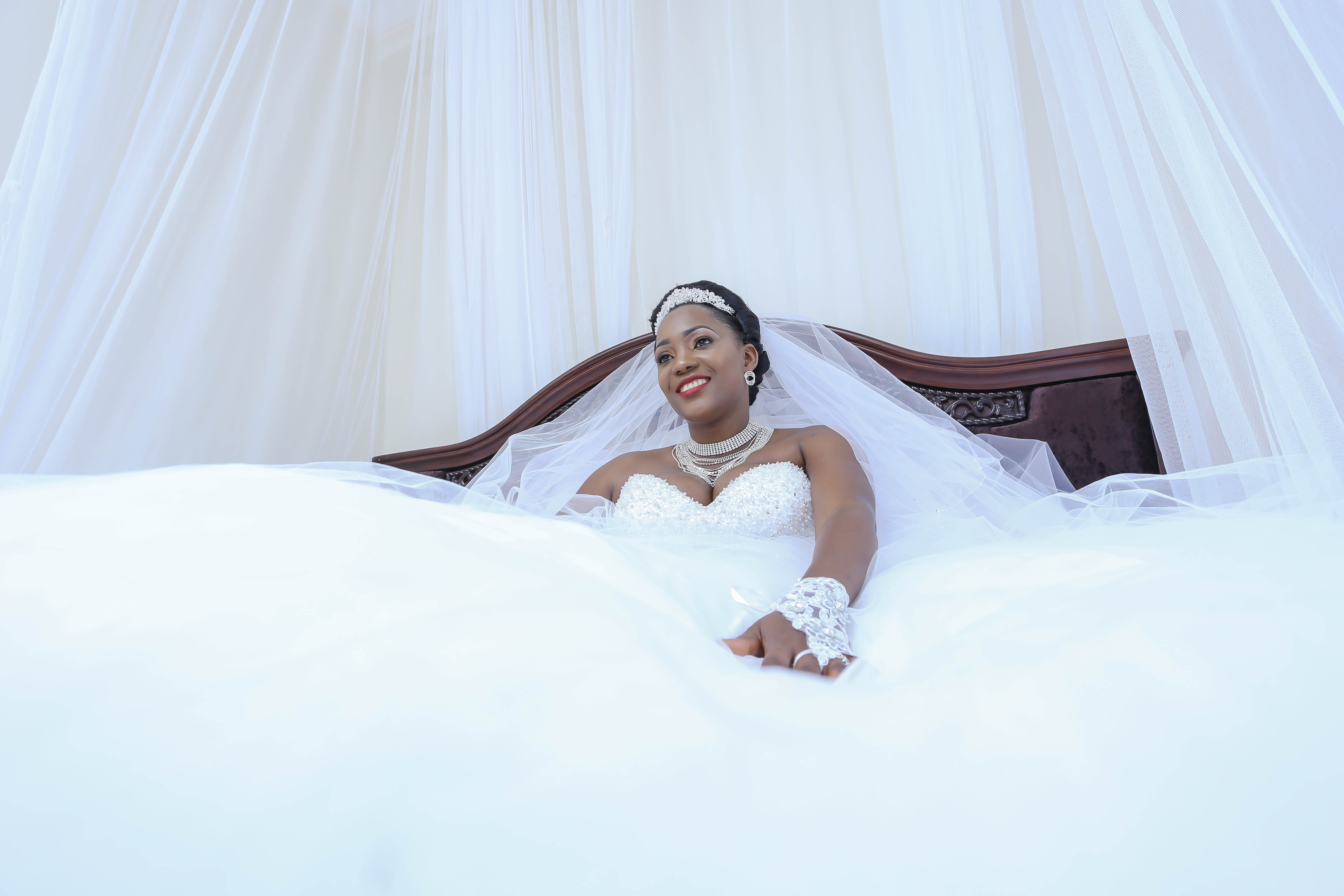When it comes to planners, your choices are many, so you’ll want to start by thinking about what you’re looking for and reading about your different options before meeting with any candidates. Then, be sure to clarify what each planner does.
There are a range of professionals who fall under the wedding planner title, who have different skill sets.Not all planners offer design services, and not all event designers handle logistics. Some are more vision-orientated some are more schedule and production orientate. Be sure you're clear on the extent of the services potential planners are willing to provide when you interview her to make sure you're going to receive all the support you're expecting. Here is a more detailed breakdown of your options — and which one might be right for you. Be forewarned: These terms are not used consistently across the industry; nonetheless, this will give you an idea of the type of service you want.
Full-Service Planner
A full-service planner handles it all, both design and coordination, from start to finish (from designing the overall vision and hiring and meeting with vendors to arranging weekend activities for your guests). This type of planner is great for couples who are having a complex event or simply want a professional to guide them every step of the way and to handle all the details of executing their vision.
Event Designer
An event-designer focuses on pulling together the overall look of the day rather than organizing all the myriad details (like the timeline or budget). He or she is like an interior designer for your event, so she may work with other vendors — from invitation designers to florists and bakers — to bring your vision to life based on the style, taste, and vision you've dreamed up. But don't expect her to handle the organization or logistics.
A wedding designer is not necessary if you would like to work with your venue manager, wedding planner, and/or florist (some florists, called “floral designers," are also design experts who will help you with the décor and design concept, as well as the centerpieces and bouquets) to create your wedding décor concept. Busy brides often turn to event designers to take some of the planning pressure off or to achieve a unique theme idea or concept, or just to make sure their reception looks amazing. This type of planner is best for someone who can handle organizing and coordinating all the vendors and events, but who needs someone for vision.
A La Carte Planner
This part-time pro helps you shape the event by giving you décor suggestions, vendor recommendations, or assistance with specific projects — you contact the planner when you need help and they charge either an hourly rate or a flat fee for each service. An à la carte planner is great for couples who need someone to design a blueprint that they will execute themselves. Basically, if you want to steal their secrets, but don't want everyone to say it was clearly a [insert popular planner's name]'s wedding, an a la crate planner is for you.
Day-of Coordinator
A day-of pro helps to make sure everything runs smoothly on the actual wedding day but isn't really involved much beforehand. Most prefer to begin their involvement at least a month before the wedding to truly make sure all things are in order, and they charge a flat fee. They'll handle all your vendors and setup on the day of your wedding, as well as any type of cleanup or postwedding duties needed so that you and your family members can just relax and enjoy the day. A day-of coordinator is perfect for couples who plan to be very hands-on during the planning process and can handle the contracts and organization but want someone to take care of all the details the week before and want someone to be there the day-of.
H/T : https://www.theknot.com











